The first cemre, which fell into the air, fell on February 19-20, and the second cemre, which fell into the water, fell on February 26-27. The third cemre will fall on the ground on March 5-6. As the weather started to warm up, many people started rolling up their sleeves for spring cleaning. You may be waiting for the weather to get a little warmer to do a deep cleaning. Of course, you should not wait for spring to clean the house. Every home needs to be cleaned regularly. Here’s the ideal cleaning plan for how often you should clean every part of your home, from the sofa to the doorknobs.
LIVING ROOM
Sofa and chairs: Deep cleaning every two weeks, annually
The sofas and chairs we spend a lot of time on quickly become breeding grounds for bacteria and debris. Crumbs, dirt and dust can accumulate between the cushions and cause bacteria to grow.
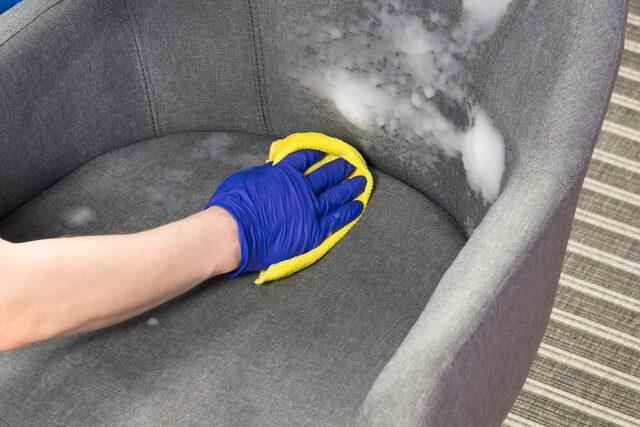
KITCHEN
Refrigerator: Quarterly
Keeping your refrigerator clean and free of bacteria is the easiest way to reduce the growth of bacteria that can cause food poisoning and mold growth. In addition to wiping the refrigerator with a clean damp cloth every week, it is necessary to clean it deeply every three months.
Oven: Once a month
Oven cleaning is usually a big deal. It may take some time to carefully clean small parts. If you want to clean the oven easily, you must wipe it after each use. You must keep your oven clean to avoid the dreaded accumulation of grease. However, you should not neglect to do a deep cleaning once a month. If you haven’t cleaned your oven for a while, put a bowl of water in the oven and run the oven on high for about 20 minutes, as the steam will loosen the dried oil and make cleaning easier. When it reaches a temperature that will not burn your hand, you will see that you can easily remove the stains.
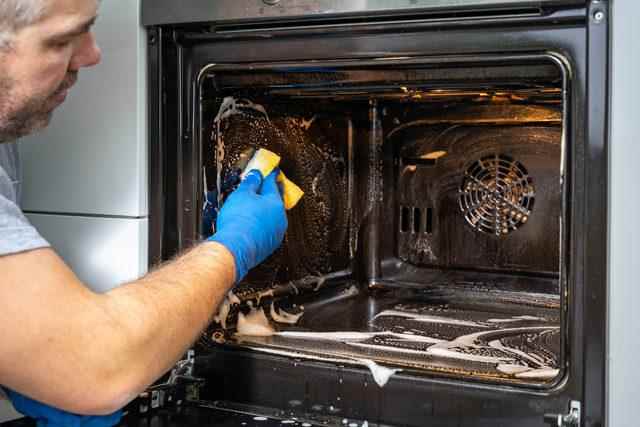
Washing machine: every week
Dust accumulates on the top and bottom corners of the washing machine. This causes the washing machine to break down more quickly. In order to prevent damage to the washing machine, it is recommended to wipe especially the cover and all sides of it every week and to vacuum the back and bottom at least once a month.
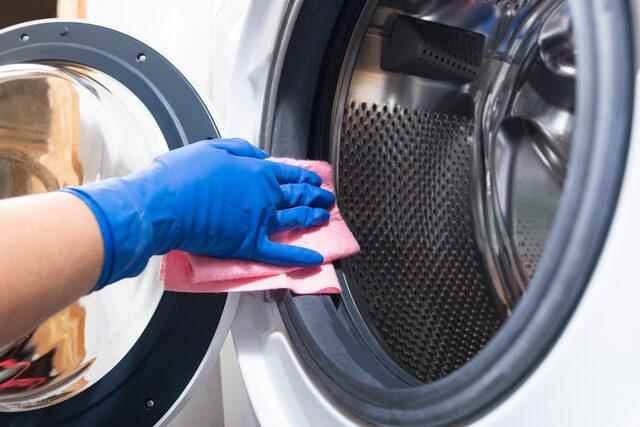
Trash: Every week
Even in the most tidy homes, when throwing garbage, sometimes garbage can fall out of the bin. Food thrown into the trash can spill over the edge and build up over time. Foods that start molding unnoticed emit a bad odor and may pose a health risk due to the bacteria produced. You should frequently wipe the litter box with soapy cloth and warm water, and wipe it weekly with disinfectant.
Sponges: Every few days
Sponges are bacteria nests in the house. Changing non-environmentally friendly sponges every few days is the best way for your health. Or you can try switching to sponges that are more expensive than other machine washable sponges.
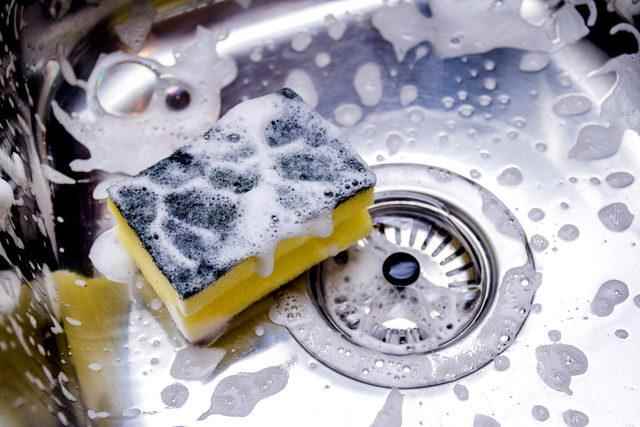
BATHROOM AND TOILET CLEANING
Bathroom Toilet: Wipe daily, deep clean once a week
A deep cleaning once a week is enough to keep bacteria and germs at bay, but if you live with a lot of people you might want to consider increasing that number. In particular, you should wipe the toilet and its surroundings, the buttons and door handles that turn on the toilet light, with antibacterial wipes or disinfectant spray every day. To deep clean the toilet, pour toilet cleaner or bleach under the rim of the toilet and around the entire bowl and let it sit for 15 minutes. Then use a brush and scrub the stains clean.
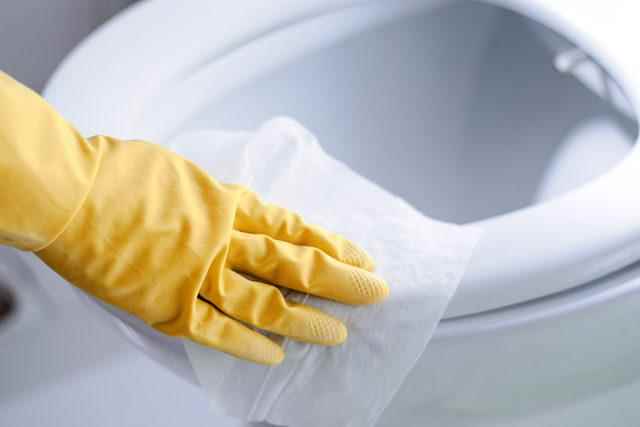
Shower cabin – every week
The shower enclosure or shower curtain should be cleaned regularly. It is very important for the cleanliness of the bathroom that the shower cabins, which are generally kept clean, are kept clean. Even if the bathroom or shower is clean, mold is likely to develop after showers and baths as it is caused by moisture in the water. Regular cleaning prevents bacteria and allergens.
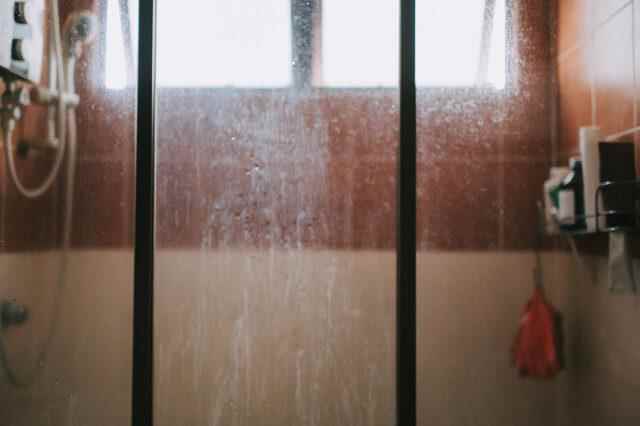
Bath mats – Every week
Bath mats left damp can develop mold, which can be incredibly dangerous to your health. Whether you step on bath mats only when you just get out of the bath or shower, bath mats are breeding grounds for bacteria and germs. Bath mats can cause mold, bacteria and fungus growth in some cases. Washing them once a week will help keep them clean and hygienic.
BEDROOMS
Linen: Once every two weeks
Unclean sheets can be full of bacteria, often produced by oil from your skin or even saliva while you sleep. Dead skin cells are also shed overnight and can build up on sheets as well. Changing your bedding at least once every two weeks will keep your bed more hygienic. Not only will this keep your bedding hygienic, it can also help heal acne-prone skin and prevent dandruff.

Doorknobs and light switches: Every week
All doorknobs and light switches need a quick wipe every two weeks with disinfectant to help kill bacteria. However, doorknobs to kitchens, bathrooms, or front and rear doors and light switches that are used more than others will require cleaning more frequently, such as once a week.
